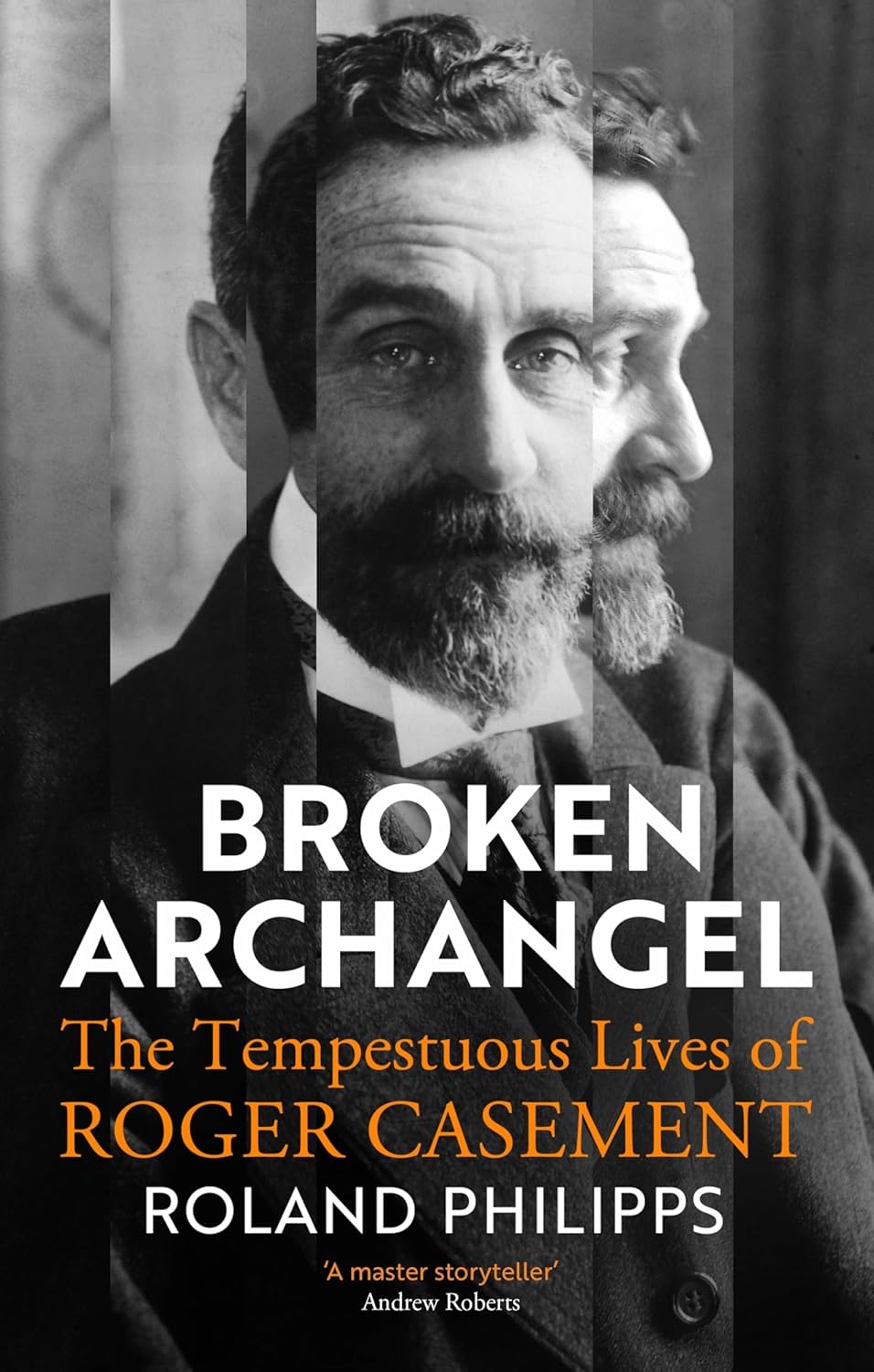Pioneering human rights campaigner, patriot, romantic, traitor, LGBTQ+ martyr: this is the story of Roger Casement, one of the 20th century’s most complex and compelling figures.
In 1904, Casement became internationally celebrated for unearthing the grotesque violence of the Belgian Congo. Soon after he won even greater renown and a knighthood for his humanitarian work deep in the Amazon jungle.
But his internal fault lines ran deep: neither fully Irish nor English, baptised both Protestant and Catholic, desperate for love but forbidden intimacy, betrayed in his only significant relationship, he was of the English diplomatic establishment yet an outsider who fought for Irish nationhood. His final act in wartime Berlin – a doomed scheme to promote an invasion of Ireland – overwhelmed him. And while his subsequent trial for treason brought him some resolution, it also took him to an unmarked prison grave.
Casement was a contradictory figure made fallible by contemporary mores and his own unexamined emotions. Only decades later did an Irish state funeral finally assert his nobility above his notoriety – and only now can we fully understand his surprisingly modern and deeply relevant life and legacy.

